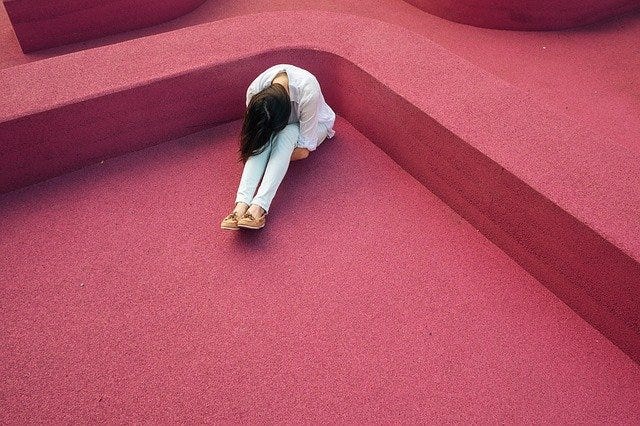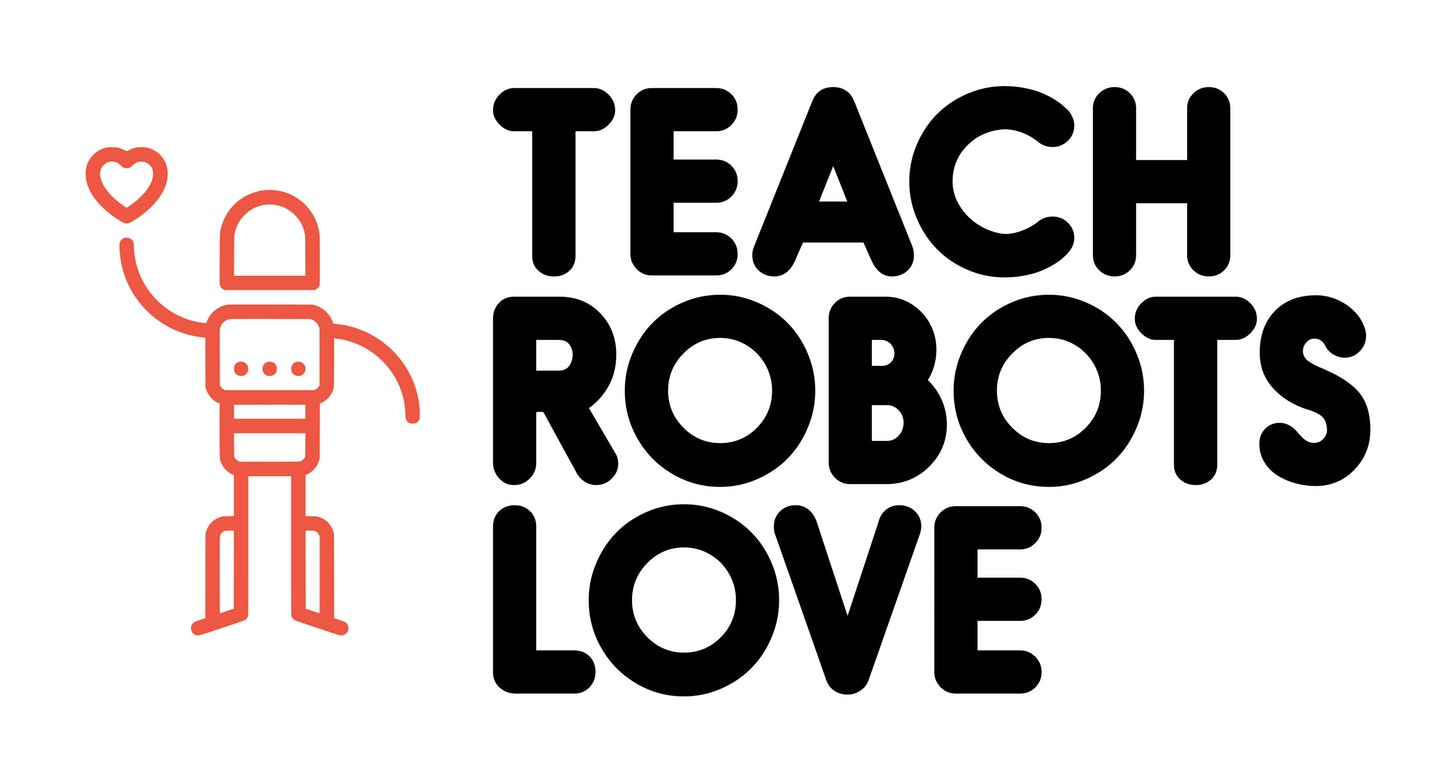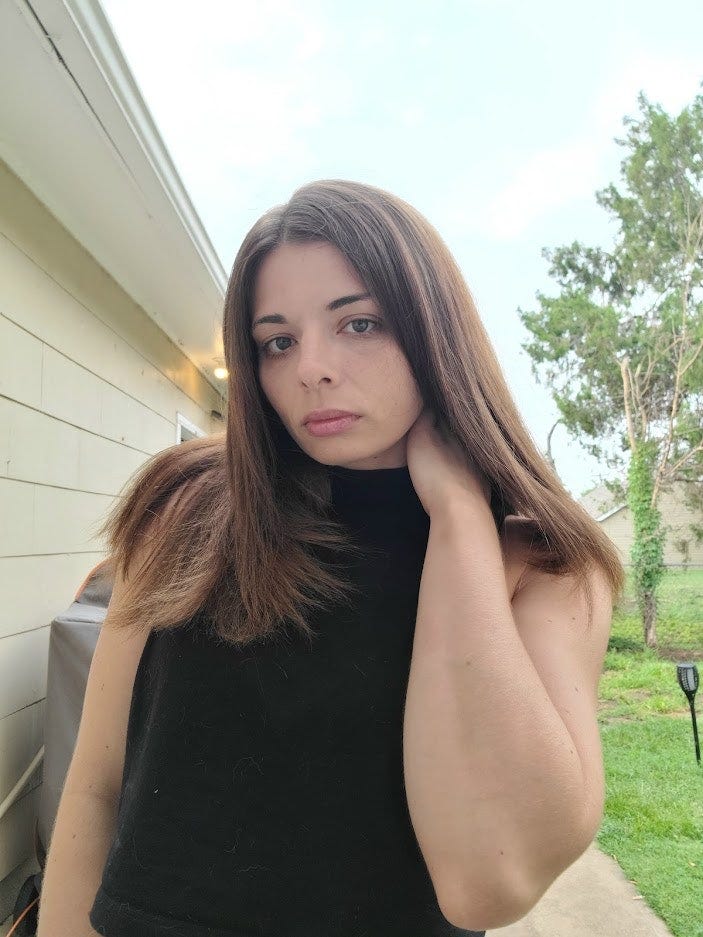Sit Down and Don't Touch Anything
Rethinking the role of human error
“Man is the only creature who refuses to be what he is.”
― Albert Camus
I always wanted to be a good girl, and I thought that meant I shouldn't touch anything.
The first time I broke a plate in front of my husband my head screamed because I wanted the world to freeze. I stood hesitant and numb, surrounded by the shards, waiting for his reaction. I was expecting to be yelled at, or at the very least, have him be annoyed or disappointed.
He just looked at me and shrugged. "It's okay. It's just a plate. That's what, four dollars?"
That simple moment forced me to rewrite my entire understanding of the universe. I thought I knew the script. I thought I knew the punishment for when my hands and fingers became too big for the environment, when lines intersected in error.
I'd been so used to living in a world where every mistake was a colossal disaster. I ended up in jail as a teenager because of an argument that started when I didn't clean up a Diet Coke spill in the kitchen properly.
All my life I had been too big, too clumsy, too loud, too much. I wore too much makeup, or not enough, or my clothes weren't the right style. My hair was too long or too short. The music and books I listened to weren't the right one. I ate the wrong food in the fridge or I tried to make myself a sandwich at the wrong time, when someone in another room didn't want to be disturbed. I tried to become a little less human every day.
A big reason I became a writer was because it was quiet. In the blind interior of myself I could constrain my motions to my fingertips against the keyboards. I could shift the universe without shifting my eyeballs. I could break myself inside the safe confines of a pair of headphones and a sweater that hid my curves, hide my breath.
I could never be a dancer, or an artist, or a musician. I'd spill out too far. I'd risk extending myself into a space I didn't belong.
And I didn't even belong inside me. My ribcage. My head. My shoulders. They were too big, too ostentatious. I was always apologizing for being in the way. I was constantly paying the price for existing.
I carried my body like I wanted to disappear. If I became small enough maybe I wouldn't have enough gravity to lift a plate to break.
Even when I moved out on my own I was terrified to rearrange the furniture or put a painting on the wall. Windows offended me. Decorations frightened me. I couldn't understand how other people could live with such reckless abandon. How they could so frivolously let their whole selves spill over their living spaces. How they could buy rugs, lamps, little decorations, loud plates, loud portraits, like they were just allowed to belong?
People used to come up to me at work and joke about how bare my desk was. Sometimes they'd even buy me little things so I could decorate it. I'd end up with toys and knick-knacks that I didn't identify with, that didn't feel like me. For several years I accumulated most of my possessions that way. Like I was just another passive object among objects.
For the longest time my greatest fantasy was to be shut in a little closet with a laptop and a desk and a bottle of wine and a dirty naked bulb that swung overhead. I wanted the harsh light to illuminate the ghoulish pop of my fingers against the keyboard.
I wanted to write novels alone until I forgot what the sun looked like.
That is, until the moment nearly eight years ago I broke a plate, and someone observed me doing it, and I didn't fall apart in their eyes.
And in that split second I realized I'd spent my entire life trying to accommodate myself for a lie.
I was not the cupboard that was supposed to sit still so that it could hold fine China. I was not the column meant to support a greater work of art. I was not the doll meant to be propped up in the corner, with white lace, untouched for a dress, lips pursed but never making a sound.
One of the few benefits to being human is that we're design to manipulate our environments.
For most of existence nature has been an unchanging monolith, unable to modify itself except through cycles of life and death and rebirth that mostly remained the same.
We aren't an aberration. We aren't a mistake. We're nature's answer to the problem of a static existence. We're what nature built so that it could learn what it was like to fly in machines made of metal and soar to the moon.
A good girl doesn't sit in the corner with her hands folded waiting for the dust to cover her eyelashes.
She's meant to make noise, cause trouble, move outside the boundaries. She wasn't built to try to accommodate the world. She was built to push, and pull, and stretch across its landscape.
The toddler tries to put forks in sockets and pull vases off of tables. So the dancer stretches the space where her body can move. She is meant to spill; across the floors, bend an ankle, hit her knee against a stage prop. The artist splashes paint that may hit the wall instead of the canvas.
A good girl breaks the plates. And when she does, so what? The plates were made for us, and we can make more. The mistake was always believing that the possession was more cherished than the error that broke it.
A little noise, a little destruction, is a small price to pay for what she could become.
Have you been enjoying the newsletter? Consider subscribing below or getting a paid subscription to support the continual survival of this newsletter and all my bad habits. You can also buy my books on Amazon or the CLASH website.






I used to have a neurotic need to control the environment around me. To make it perfect and untouchable. Everything put in the right spot, eternal. Then I had my kid. I had to learn that so much stuff doesn't matter. Who cares if she draws on the fridge. The living room is a living room not a museum. Of course there's going to be toys and other signs of life everywhere. The dining table will have scuffs and marks from life on it. Accepting this has been liberating.